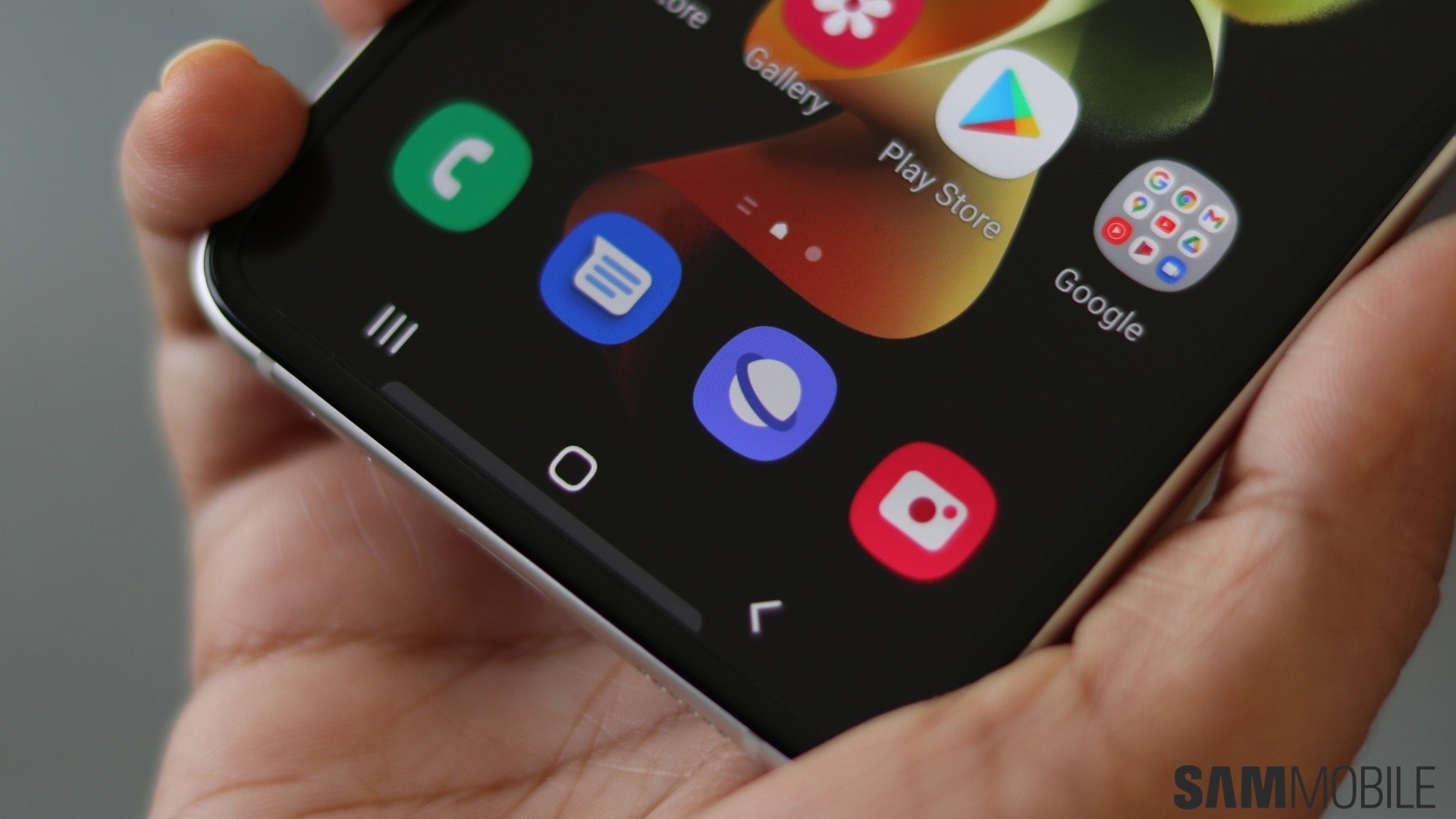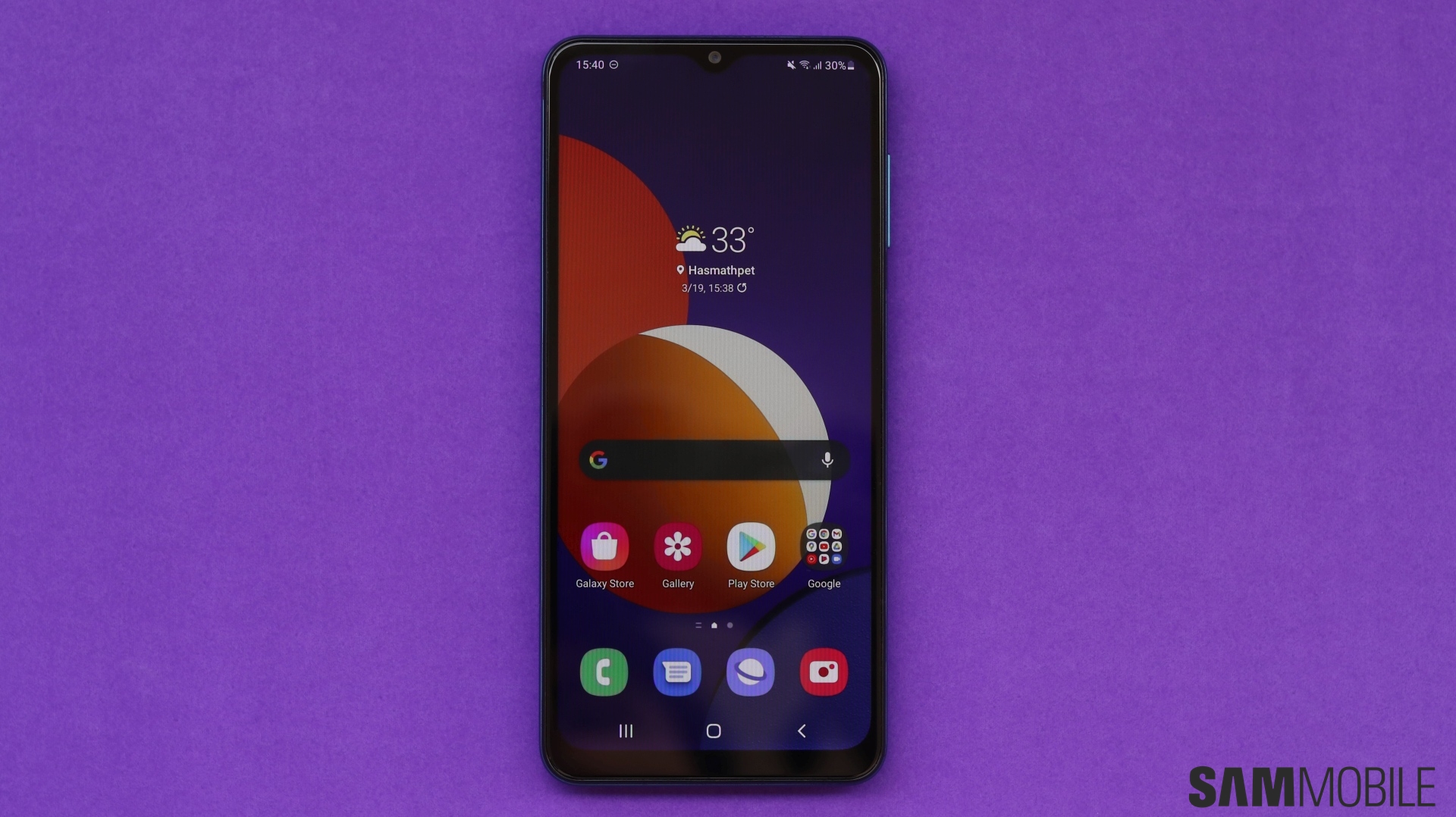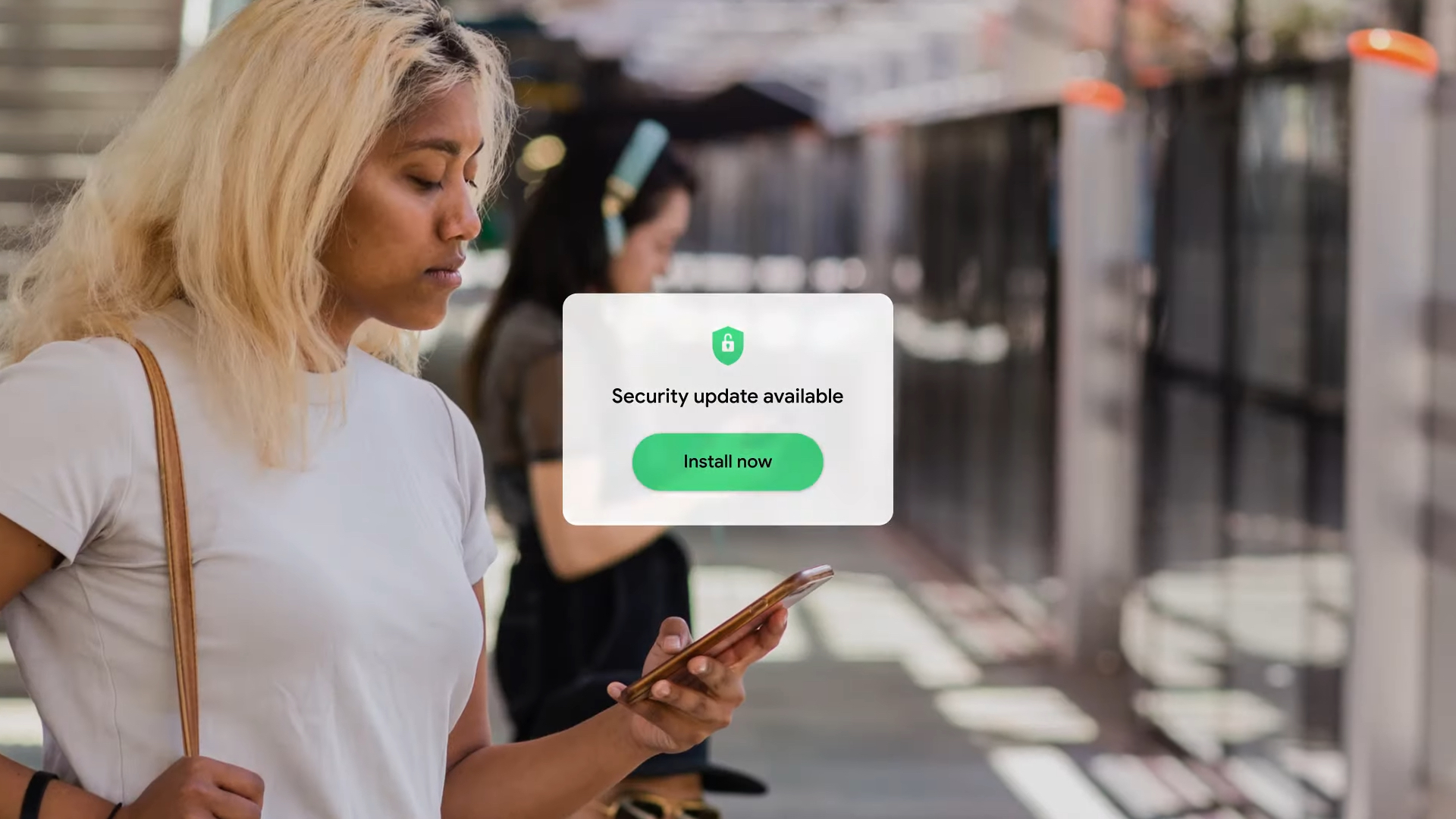Google is working on a new feature for Android 14 that will make it possible for Android devices to stay connected to the internet when they get very old. It allows devices to update their root certificates on the fly, according to Esper’s Mishaal Rahman. Currently, root certificates on Android devices can only be updated through system updates. With the new feature, users will be able to update root certificates on their devices through Google Play Services.
This feature will make sure that the Android device can stay connected to the internet even if it ages and doesn’t receive system updates from the device manufacturer anymore.
What is a root certificate, and why does it matter if it expires?

In layman’s terms, when you visit a website using an Android device, the webpage establishes a secure connection with the device using root certificates. These root certificates have an expiry date, and when they expire, the website can’t establish a secure connection with your Android smartphone or tablet, which means that website will not open on your device anymore.
As mentioned earlier, root certificates on Android devices can currently be updated only through system updates from the device manufacturer. So, when the device gets very old, it might not receive system updates anymore. In that case, it is possible that a root certificate on that device might expire and keep it from loading websites.
That won’t be the case with devices running Android 14. It will allow users to update root certificates on their devices through Google Play Services, separately from system updates. So, even if their device gets old and isn’t receiving Android updates anymore, they will be able to get the latest root certificates and stay connected to the Internet. Since Google is thinking of making it a mainline module, all device manufacturers will be forced to implement that feature.
This is a great feature for low-end Galaxy devices

Samsung's entry-level smartphones, such as Galaxy A01 and Galaxy M01, get Android updates for only two years. So, when Samsung stops updating these devices, and one of the root certificates on these devices expires, they may not be able to load websites. But once Samsung updates these phones to Android 14, it won't be the case anymore.
Last year, a root certificate expired on devices running Android 7 or older versions of the OS, which prevented these devices from loading certain websites. Android 14 might keep this issue from rising again. Also, the next big root certificate is due for expiration in 2035. So people will not have to worry about it for the foreseeable future.







